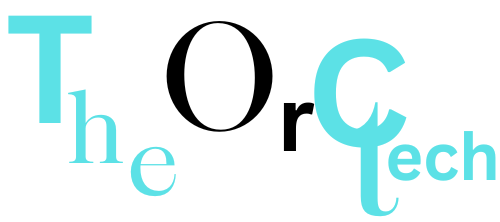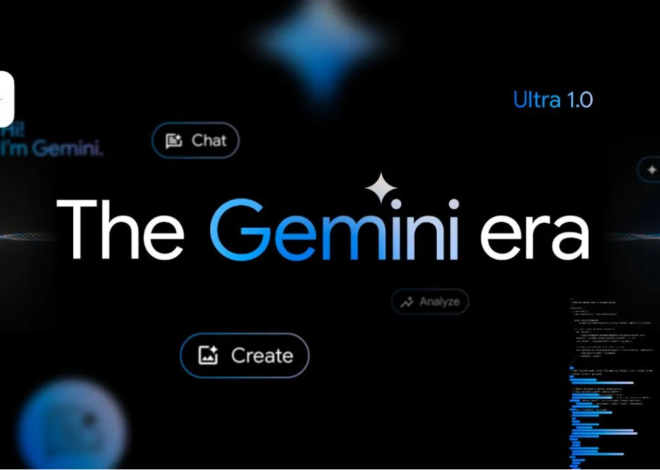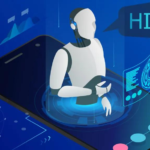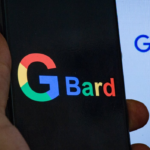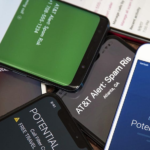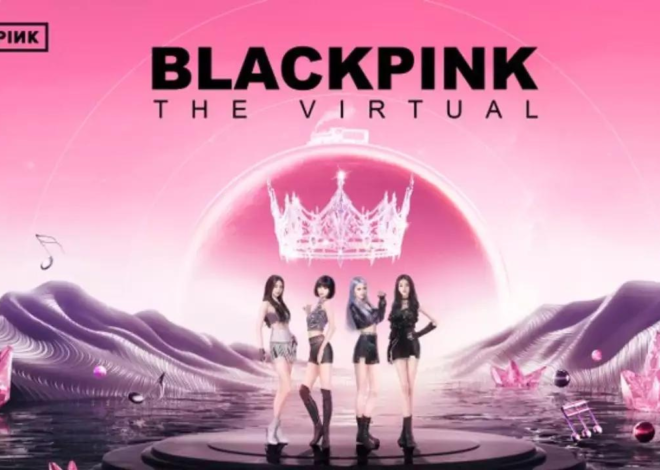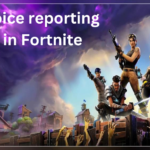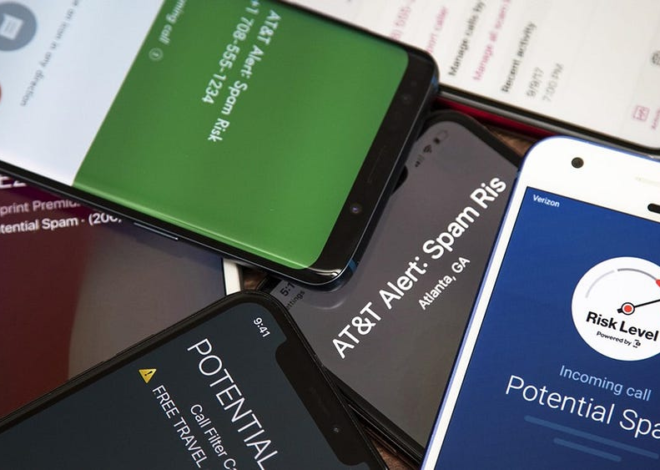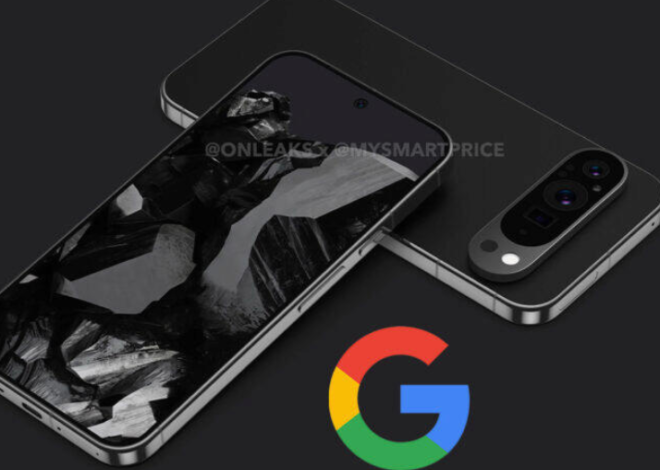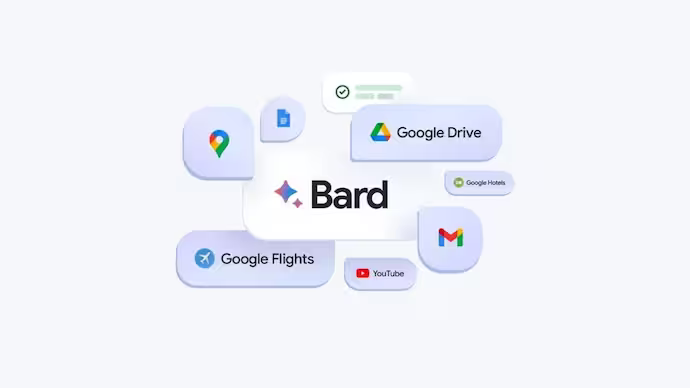
Google Bard YouTube Expansion Raises Concerns for Content Creators
In a recent update, Google Bard, the AI chatbot, has taken a leap forward by expanding its capabilities to understand and respond to the content of YouTube videos.
The November 21 experiment update introduces a generative AI expansion that allows users to delve into the details of their favorite YouTube videos through interactive conversations with Bard. Users can now ask complex follow-up questions about a video’s content, request full summaries, and obtain specific details even before hitting the play button.
This development is part of Google’s ongoing efforts to enhance Bard’s functionality since its launch earlier this year. Previous updates included features like Google Flights, Google Maps, Google Drive, Google Docs, Gmail, and YouTube browser extensions, enabling Bard to extract data directly from these platforms. In October, Google introduced a new Assistant with Bard, combining Google’s personal assistant with generative AI. Just last week, Bard access was extended to teens.
While this expansion opens up new possibilities for user engagement, concerns have emerged regarding its potential impact on online video educators and the broader implications for privacy and ownership in the realm of generative AI.
The YouTube extension for Bard now allows for complex queries about specific video content, such as recipe quantities and instruction summaries. Users can extract valuable information without actually playing the video, raising the utility of Bard for tasks like cooking where quick access to instructions and ingredients is crucial.
As reported by Android Authority, this advancement has sparked worries among content creators. The fear is that by providing detailed information about a video’s content without requiring users to watch it, Bard might undermine the revenue streams of video creators who rely on advertising and recommendations to generate views.
Also Read | Loop, Microsoft Notion competitor, is officially launched
An example provided in the article illustrates this potential issue. When testing Bard on a recipe video from America’s Test Kitchen, the chatbot accurately provided the ingredients and instructions. Yet, the concern arises when considering that the full recipe is available on the publisher’s website, likely behind a paywall. By bypassing the need to watch the video, users could skip preroll ads and miss out on recommended videos at the end, potentially impacting the revenue for the content creator.
Currently, this feature is opt-in and part of the lab experience, requiring some effort from users to extract specific information from videos. However, the article speculates about a future scenario where this tool is seamlessly integrated into YouTube, prompting a broader discussion about the value Bard provides to creators.
As of now, the primary beneficiary of Bard’s capabilities is Google, and the industry, including Google itself, grapples with finding a balance that benefits both content creators and the platform. The article notes that a query has been sent to Google for clarification on the potential impact on YouTube creators, highlighting the need for a thoughtful approach to ensure the continued success of content creation on the platform.
Also Read | Revolutionizing Urban Travel with Electric Air Taxis
